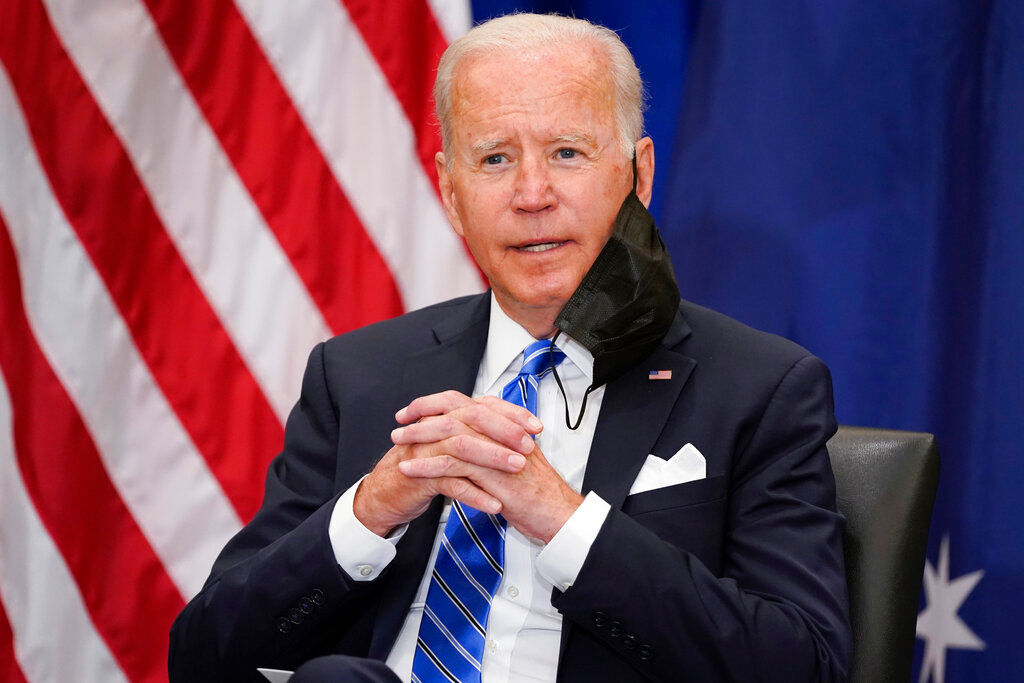US President Joe Biden stressed on Friday
that the ongoing negotiations on his major economic package will be
successfully completed whether it takes “six minutes, six days or six
weeks.” His brief statement came following his meeting at Capitol Hill
with House Democratic Caucus.
“Doesn’t matter whether it’s in six
minutes, six days or six weeks, we’re going to get it done,” Biden said,
according to CNN inputs.
Also Read: Rep. Pramila Jayapal says, no vote over the weekend on infrastructure bill
President Joe Biden huddled with House
Democrats in a private meeting that was part instructional, a part morale booster
for the tattered caucus of lawmakers, telling them he wanted both bills passed
regardless of the time it takes. He discussed a compromise topline of $1.9
trillion to $2.3 trillion, according to a person in the room, granted anonymity
to discuss the talks, the Associated Press reported.
Meanwhile, Democratic Representative Mike
Quigley, following the meeting, emphasized that the President was not trying to
change the minds of his party members but wanted to convey what was at stake.
“This was an olive branch, not
demanding,” Quigley said. “He wasn’t telling people what to do,” he
added.
Also Read: Progressives planning to pass stopgap highway funding, but optimistic about infrastructure plan
Mike Quigley told CNN that the President
said if members are too dug in they risk getting nothing.
On Friday
evening, Democratic House Speaker Nancy Pelosi conceded that “more time is
needed” to reach an agreement. The vote on the infrastructure measure was
postponed on Thursday, and it was unclear when it will be held again.
Biden met
privately with House Democrats on Capitol Hill, Washington on Friday in an attempt
to overcome the impasse.
Also Read: Transport Department furloughs 3700 employees as Democrats squabble over infrastructure bill
According to allegations in the media, he
attempted to negotiate a truce between the rival factions.
President Joe Biden proposed cutting the welfare and climate bill to
around $2 trillion, adding that “even a lesser bill can make historic
contributions,” according to Reuters.






